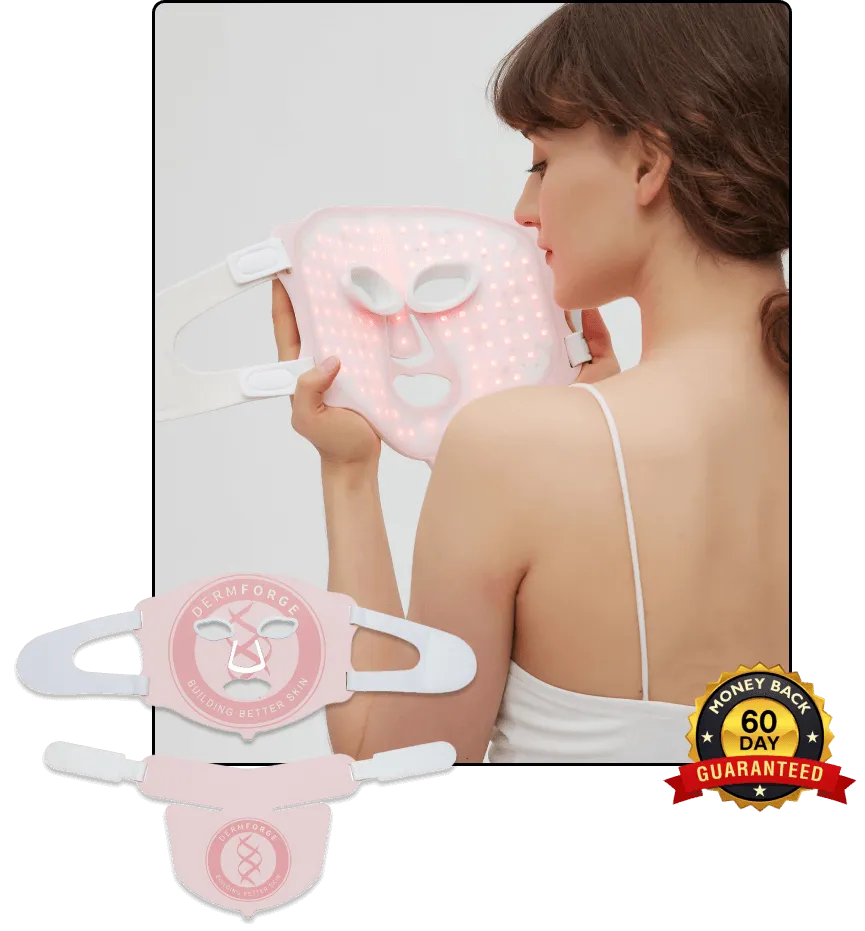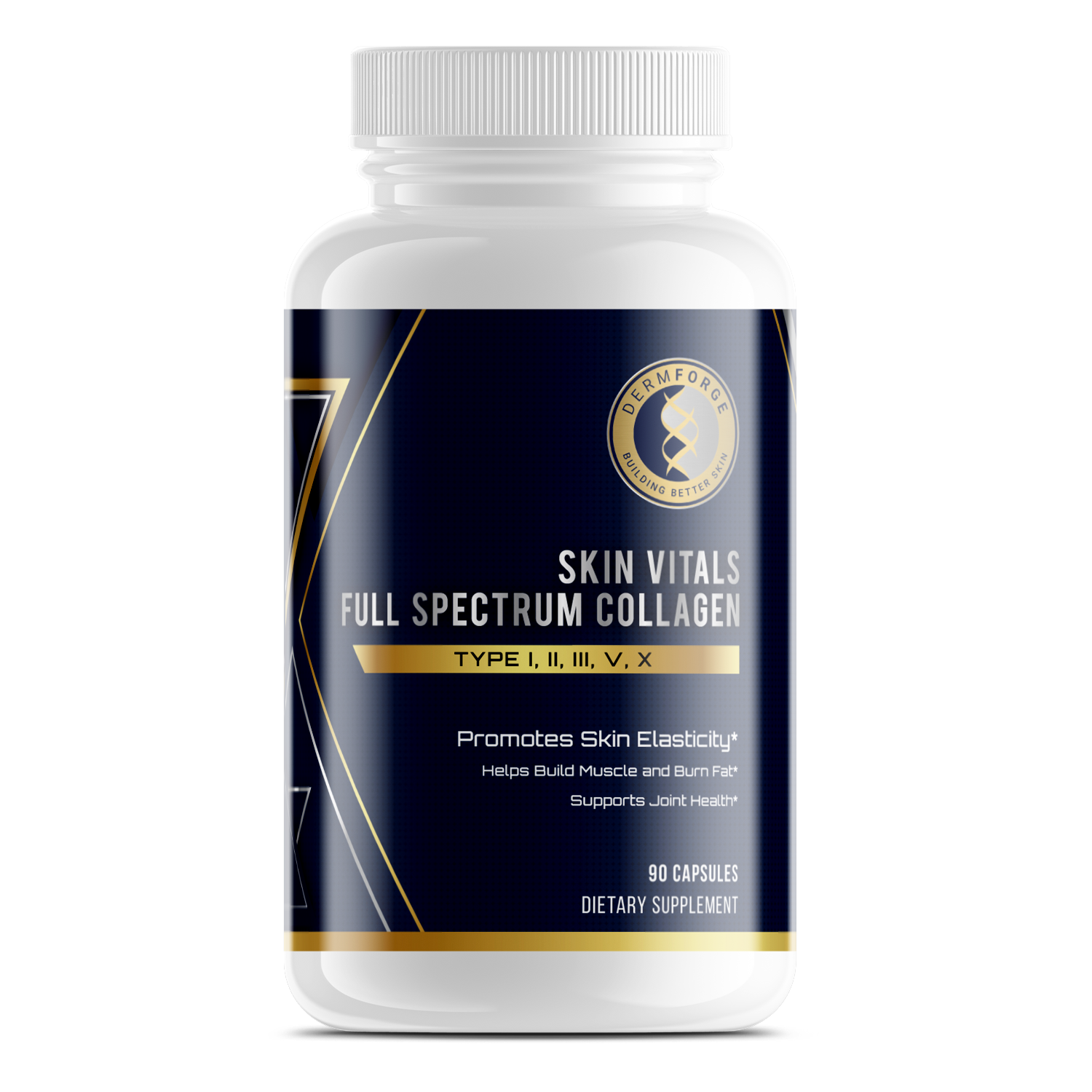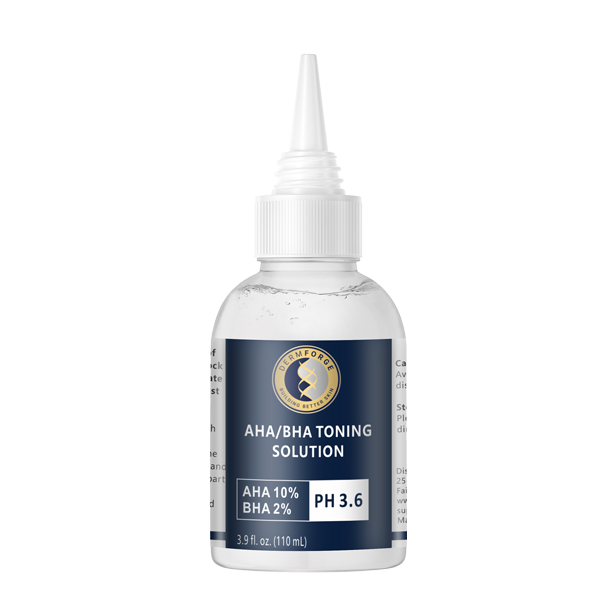Retinol Face Cream is a trusted skincare solution for addressing signs of aging and improving overall skin health. This powerful cream promotes cell turnover, helping to reduce fine lines, wrinkles, and uneven skin tone. It works by stimulating collagen production, which enhances your skin’s elasticity and firmness over time.
Incorporating Retinol Face Cream into your routine can lead to noticeable improvements in texture and hydration. Whether you’re targeting specific concerns like dullness or looking to maintain a youthful glow, this product offers versatile benefits. Its ability to refine pores and support a smoother complexion makes it a favorite among many.
Understanding how Retinol Face Cream works and how to use it effectively ensures you get the best results. With consistent use and proper care, you can enjoy a brighter, more youthful complexion while supporting your skin’s long-term health.
What is Retinol and How Does it Work in Face Creams?
Retinol, a derivative of vitamin A, is widely recognized for its ability to rejuvenate and improve your skin’s appearance. It works by accelerating cell turnover, which helps shed dead skin cells and promote the growth of new ones. This process reveals fresher, smoother skin and addresses concerns like uneven texture and dullness.
Retinol Face Cream is designed to deliver these benefits while being gentle enough for everyday use. By stimulating collagen production, retinol helps reduce fine lines and wrinkles, making your skin look firmer and more youthful. Collagen is essential for maintaining your skin’s elasticity and structure, which naturally decline with age.
Using Retinol Face Cream regularly can also minimize the appearance of pores and improve your skin tone. Retinol reduces the buildup of oil and dead cells that can clog pores, leading to a clearer complexion. This makes it an effective option for anyone looking to enhance their skin’s overall health and radiance.
Key Benefits of Using Retinol Face Cream
Using Retinol Face Cream provides several benefits for improving the health and appearance of your skin. It is particularly effective in reducing fine lines and wrinkles by promoting collagen production. Over time, this process smooths your skin and restores its elasticity, making it appear more youthful. Additionally, retinol helps to even out skin tone by addressing pigmentation and discoloration, leaving your complexion brighter and more uniform.
Retinol Face Cream also enhances your skin’s texture and minimizes the appearance of pores. By increasing cell turnover, it prevents the buildup of oil and dead skin cells that can clog pores. This leads to a clearer, smoother surface and a refined look. Regular use can significantly improve the overall texture of your skin, making it feel softer and more polished.
Another key benefit of Retinol Face Cream is its ability to support hydration and elasticity. Retinol works by improving the skin’s natural barrier, helping it retain moisture more effectively. This not only keeps your skin hydrated but also strengthens its resilience over time. With consistent use, you can enjoy firmer, smoother, and healthier-looking skin.
How to Choose the Right Retinol Face Cream
Choosing the right Retinol Face Cream involves understanding its formulation and compatibility with your skin type. Concentration levels are an important factor, as higher concentrations are more potent but can also cause irritation. If you’re new to retinol or have sensitive skin, start with a lower concentration, such as 0.025% to 0.05%. These levels provide effective results while reducing the risk of dryness or redness.
Your skin type plays a key role in selecting the right product. If you have dry skin, choose a Retinol Face Cream with hydrating ingredients like hyaluronic acid or ceramides. These additions help lock in moisture and support your skin barrier. For oily or acne-prone skin, opt for lightweight, non-comedogenic formulations that won’t clog your pores. Sensitive skin types benefit from creams with calming agents like aloe vera or niacinamide, which soothe irritation.
Complementary ingredients can further enhance the effectiveness of your Retinol Face Cream. Look for products that include antioxidants, as they protect your skin from free radical damage. Understanding your skin’s needs and carefully reading product labels can help you select a cream that works well for you. With the right choice, you can enjoy the benefits of retinol while keeping your skin comfortable and healthy.
Best Practices for Using Retinol Face Cream
Using Retinol Face Cream effectively involves following proper application techniques and a consistent routine. Begin by applying a pea-sized amount to clean, dry skin. Gently smooth it over your face, avoiding the areas around your eyes and mouth. Start with once or twice a week to allow your skin to adjust. Gradually increase frequency as your tolerance builds.
Incorporating Retinol Face Cream into your skincare routine requires careful consideration of other products. Pair it with a gentle cleanser and a hydrating moisturizer to reduce the risk of dryness or irritation. During the day, always apply sunscreen, as retinol increases your skin’s sensitivity to UV rays. Avoid layering retinol with exfoliating acids or other active ingredients, which can lead to over-exfoliation and discomfort.
To maximize results, avoid common mistakes like using too much product or skipping sunscreen. Overusing retinol can cause redness, peeling, or irritation. Sunscreen is essential to protect your skin from UV damage while using retinol. By following these best practices, you can enjoy the benefits of Retinol Face Cream while keeping your skin healthy and balanced.
Who Can Benefit from Retinol Face Cream?
Retinol Face Cream is beneficial for a wide range of individuals with various skin concerns. It is particularly effective for people in their late 20s and beyond who want to address early signs of aging. If you have fine lines, wrinkles, or uneven skin tone, retinol can improve your skin’s texture and overall appearance. Those with acne-prone skin may also benefit, as retinol helps clear pores and reduce breakouts.
Different skin types can use Retinol Face Cream, but it is especially helpful for normal, oily, or combination skin. If you have dry or sensitive skin, start with a lower concentration to avoid irritation. Gradually introducing retinol allows your skin to adapt, minimizing potential discomfort. Regular use can lead to smoother, firmer, and more radiant skin over time.
Consult a dermatologist before using Retinol Face Cream if you have specific conditions like eczema, rosacea, or severe dryness. Pregnant or nursing individuals should also seek medical advice, as some forms of retinol may not be suitable. Understanding your skin’s unique needs helps you determine whether retinol is the right choice for achieving your skincare goals.
Retinol Face Cream vs. Other Anti-Aging Products
Retinol Face Cream stands out among anti-aging products for its ability to promote cell turnover and boost collagen production. Peptides are another popular choice, focusing on strengthening the skin and improving elasticity. While peptides support collagen indirectly, retinol actively stimulates its production, making it more effective for reducing wrinkles and fine lines.
Alternatives like AHAs, such as glycolic acid, exfoliate the skin and improve texture by removing dead cells. Retinol goes deeper, addressing issues like uneven tone and fine lines through cellular regeneration. Vitamin C is another option, providing antioxidant protection and brightening the skin. While vitamin C works well for discoloration and free radical damage, it doesn’t improve elasticity as effectively as retinol.
Retinol Face Cream is the most effective option when targeting multiple concerns, such as fine lines, wrinkles, and uneven skin tone. It is especially beneficial if your skin needs deeper rejuvenation or long-term improvement. However, for hydration or quick brightening, products like peptides or vitamin C may be better suited. Understanding your goals helps you choose the right product for your needs and achieve the best results.
Conclusion
Retinol Face Cream is a powerful and versatile product for improving your skin’s health and appearance. By promoting cell turnover and stimulating collagen, it addresses fine lines, wrinkles, and uneven texture effectively. Its ability to target multiple concerns makes it a valuable addition to any skincare routine.
Incorporating Retinol Face Cream into your regimen allows you to achieve smoother, firmer, and more radiant skin over time. With proper application and consistent use, you can enjoy long-term benefits while minimizing potential irritation. Whether you’re addressing specific signs of aging or maintaining healthy skin, retinol offers reliable results.
Choosing the right Retinol Face Cream tailored to your needs ensures optimal outcomes. By understanding its benefits and best practices, you can take an informed approach to skincare. With regular use, this cream can transform your skin and help you achieve your beauty goals.






